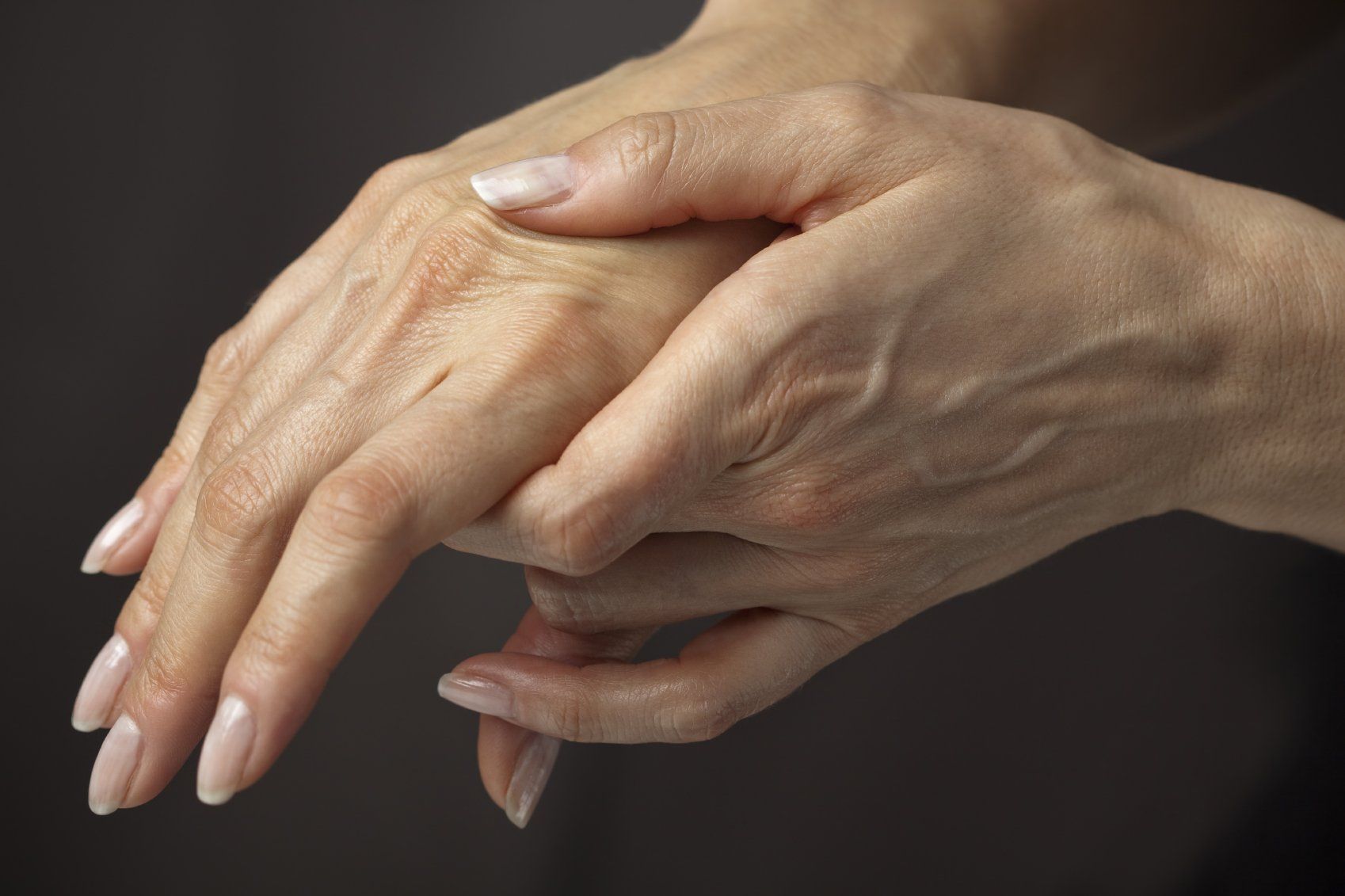The cracking is caused by pulling apart the joints and as a results bubbles develop in the joints' cavity. But the development of the bubbles is probably too quiet to cause such a loud crack. It is still unclear where the loud sound comes from [1].
But it is damaging? A study from California shows that there are no functional differences between people who crack their fingers and those who don't [2]. This was investigated by monitoring the pulling and cracking in real time using an ultrasound, by testing the gripe force and by looking for swelling before and after the cracking. No significant differences were found which would indicate harmful effects.
Another study looked into wether there is an association between cracking fingers and arthrosis. No association could be found [4].
In 1998 a case study on this topic was published. A man is described who cracked only his left hand for 50 years while leaving out his right hand for the most part. After those 50 years he went to get both hands screened for arthrosis. Neither his left nor his right hand showed any signs [5]. But of course it is not possible to draw conclusions concerning the population from individual observations.
This myth has to be taken with a grain of salt. No harmful effects could be determined from a short-term perspective. However, there is not enough research on potential long-term effects.




